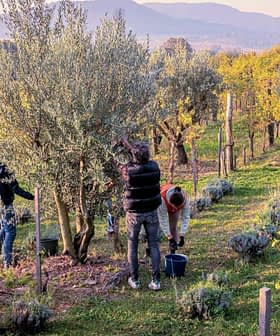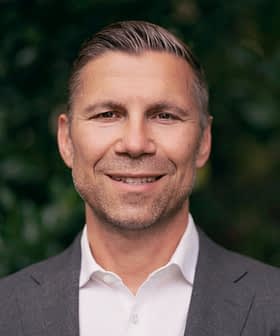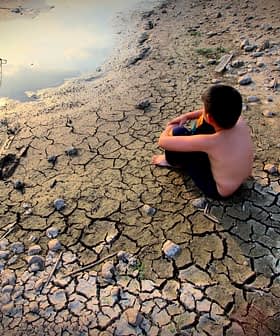Yale Researchers Identify Six Target U.S. Audiences for Climate Change Messaging
Americans’ thinking around climate change has shifted toward more urgency.
Yale researchers have identified six distinct groups in the U.S. with varying responses to climate change, ranging from alarmed to dismissive, in their biannual climate change perception reports. The data from this study is crucial for effectively communicating climate change mitigation efforts to the public and addressing the diverse concerns of Americans on the issue.
The global impact of climate change mitigation efforts falls short if they are not effectively communicated to the public.
There are in fact six different Americas within America, and each responds in completely different ways, for very different reasons.
As part of their biannual climate change perception reports, researchers from Yale University have identified six target audiences in the United States with unique responses to climate change.
They have been identified as Global Warming’s Six Americas, as they represent the categories of citizens’ concerns on rising greenhouse emissions and warming ambient temperatures.
See Also:Why the U.S. Lags Behind Other Western Nations on Carbon Tax IssueThe Six Americas categories run from alarmed, or “Americans who are very worried about global warming and are taking action,” to dismissive. These Americans “think global warming is non-existent, not a threat, or an outright hoax.” In between are concerned, cautious, disengaged and doubtful.
Looking back over data gathered from the study, researchers found that most people are now “alarmed” compared to “concerned” as they were just a few years ago.
From 2013 to 2015, the largest group of the Six Americas reflects a collective understanding that the impact of climate change is real. The number of people who identify as cautious, doubtful or dismissive is shrinking.
Anthony Leiserowitz, director of the Yale Project on Climate Change and author of Global Warming’s Six Americas, said that Americans “do not speak in a single voice. There are in fact six different Americas within America, and each responds in completely different ways, for very different reasons.”
The data from the project serves as a foundation for the Six Americas framework to address individual states in the U.S., local governments and the federal government.
Along with supplying academic institutions, environmental organizations, businesses, faith groups, doctors and scientists, researchers argue that this information is vital to the media to reach the target audiences and address Americans in each category of the climate change issue.
Patricia Espinosa, the executive secretary of the United Nations Framework Convention on Climate Change (UNFCCC), said she is hopeful but urges a sense of unity to address the climate emergency.
“We are nowhere near the Paris Agreement goal of 1.5 ºC by the end of the century,” she said.
Encouraging Americans to set an example other countries can follow, she concluded: “Deep transformations require decisions that need to be taken now because transformations themselves take some time.”
Share this article









